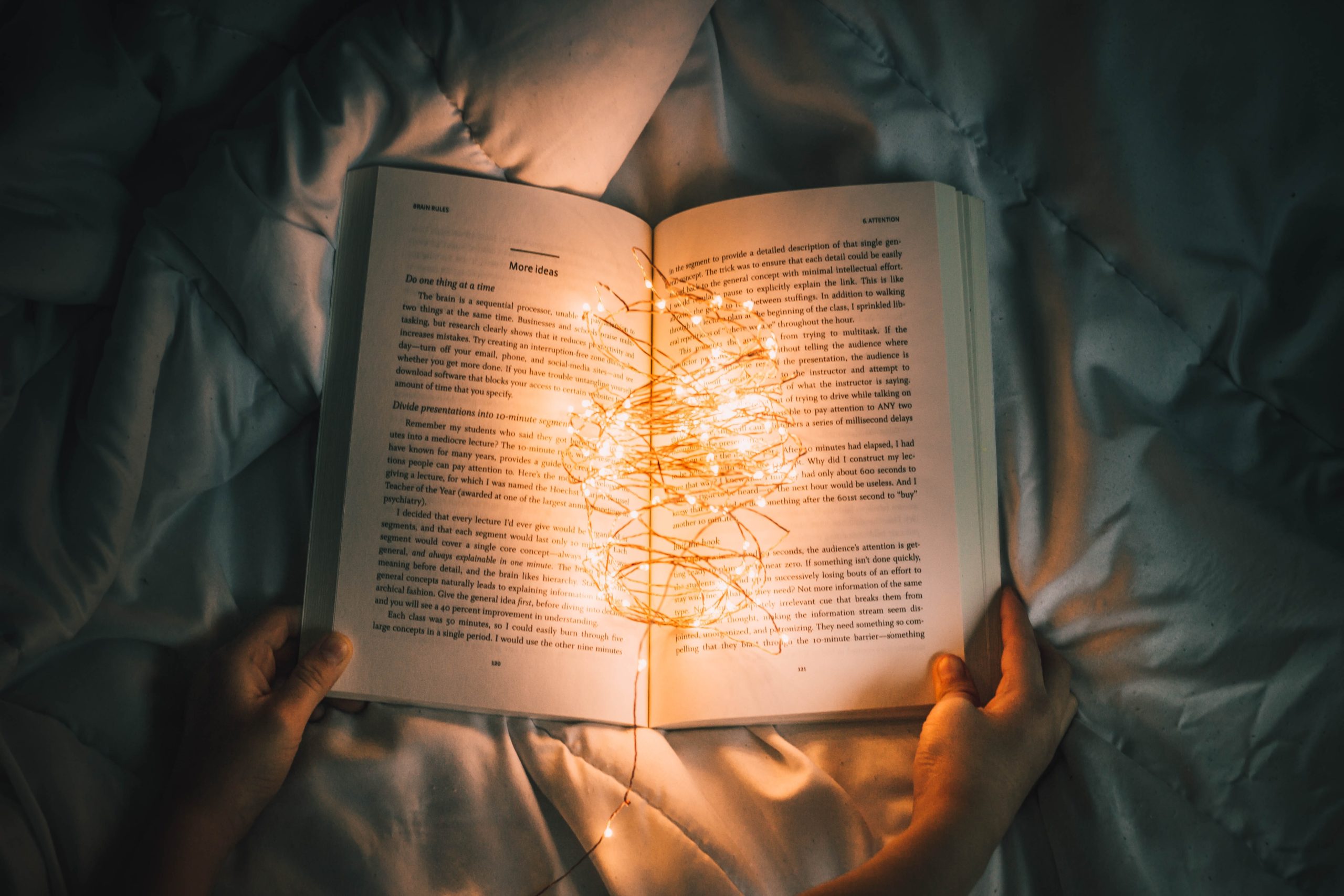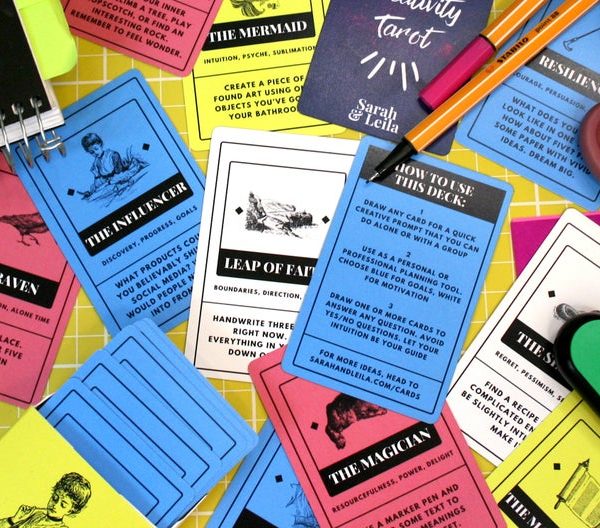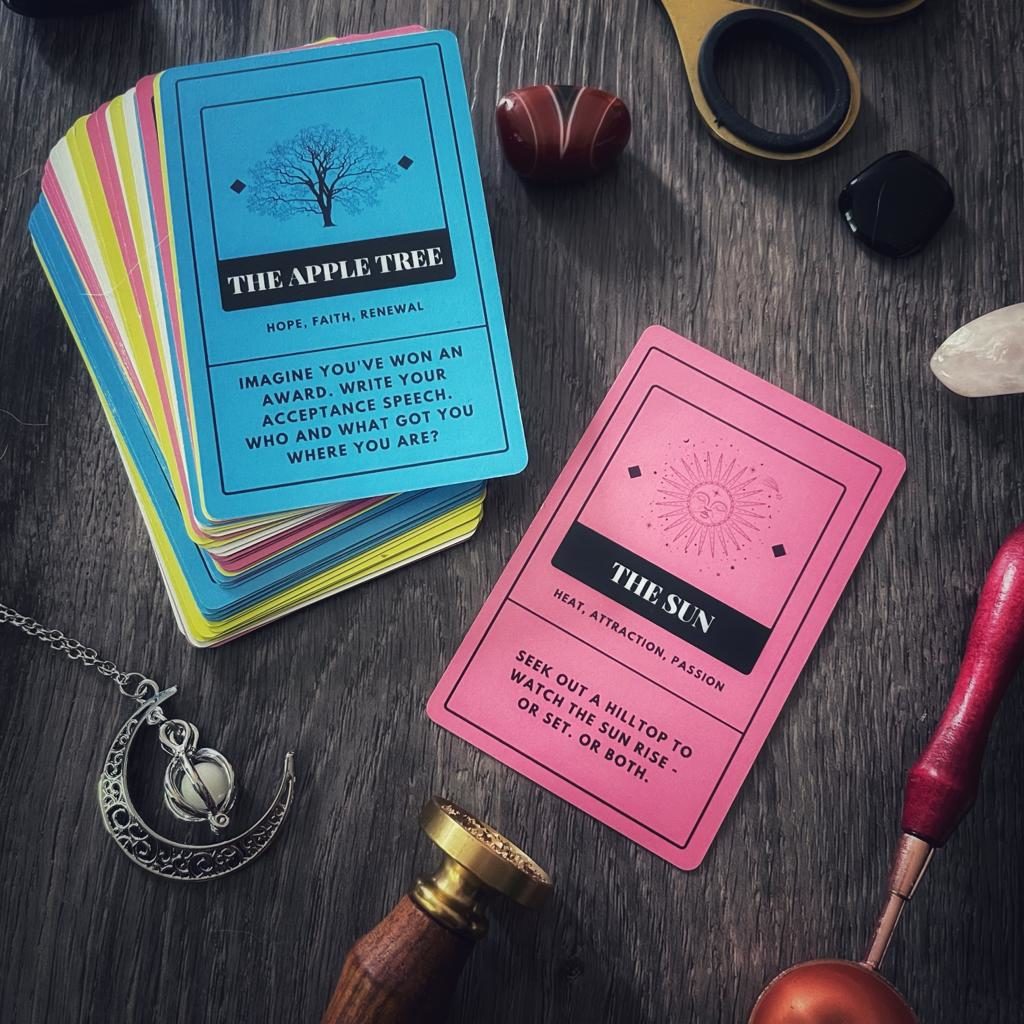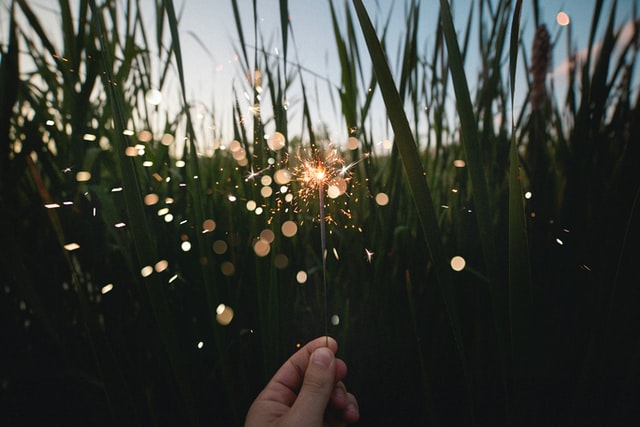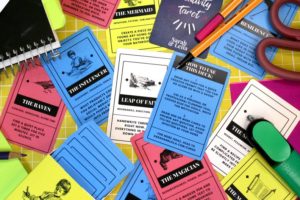If we have learned anything over the last couple of years, it’s that the world can be a very chaotic place. The secondary lesson is this:
Everything we think about our life is a story.
Your life — and I’m sorry to be the one to break it to you — didn’t happen. It’s not the truth. At best, it’s a take; a perspective; a cautionary lesson; a thin digestable slice of the intolerable MegaTruth. We have such a limited view of the world, and we string these glimpses together to come up with theories about the sorts of people we are, the kinds of things that tend to happen to us, and various causes and effects that may or may not represent what’s really going on. Consciously or otherwise, we carry around ‘hot takes’ about ourselves, based on the tiny bits of the world that we have access to.
Sounds disappointing, but this is in fact the beauty of it. We’re all at it — all of us! Everyone’s presentation of themselves is a story. We’re all storytellers, all day long. Your life did happen after all (fake out! sorry), and it was better than reality, it was a story.
In the unlikely event it helps, why not think of it as a big, messy game of Dungeons & Dragons? We haul our characters out of the chthonic quagmire and take our ideas out for a spin under the still utterly unfathomable cosmos. Like finding faces in clouds, we make life’s tumult coherent through our theories, and gain power among our peers by sharing the most compelling ones. There’s no getting around it — as we consider our attitude to situations, our responses, what we wear, how we talk… we are all our own storytellers. It seems like it must be important to know what sort of storytellers we are.
Branding has ruined everything
The branding industry has hijacked the idea of story horribly, but when you start to see storytelling less as childlike fairytales and more as the basic sense-making at the core of good communication, it feels slightly less egregious. But here at Sarah & Leila we’re different (because everything’s changed) and we think there’s a new approach to branding. Rather than jumping to ‘tell stories’ about your product or service, we’d like to invite you to start with your own story.
I don’t mean origin stories. You’re not a Batman. But the real stuff: what are all the things you think are key to understanding you, and in what order should we present them? What are you going to stop saying about yourself? Which storylines have more life in them, and which ‘characters’ are you happy to kill off? Which qualities or principles are the heroes of your story, and how do they show up in your branding?
